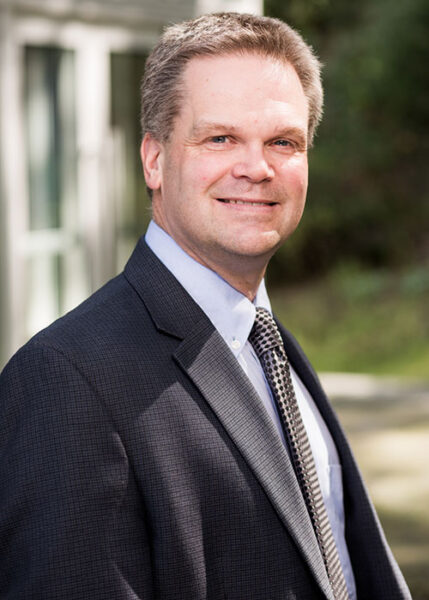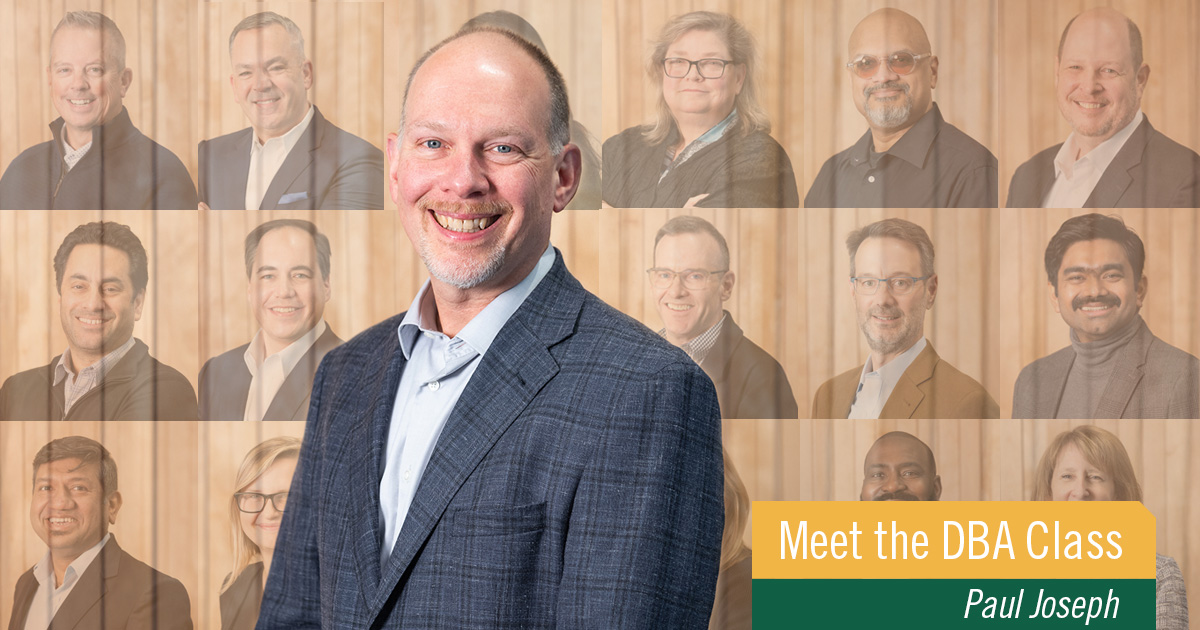Money. Acclaim. Family. What Is Your Definition of Success in Life?

This wasn’t going to be a typical press conference.
As Scottie Scheffler, the number one ranked golfer in the world, spoke to reporters on the eve of the Open Championship last month, he didn’t offer up the usual tired and cliched things that elite athletes often say. Instead, his comments were honest, vulnerable, and downright existential, questioning the value of a career in which he has worked so hard to find success.
“This is not a fulfilling life,” Scheffler told reporters. “It’s fulfilling from the sense of accomplishment, but it’s not fulfilling from a sense of the deepest places of your heart.”

He went on to wonder why he cares about winning so much when the sense of accomplishment is so fleeting. “You win it, you celebrate, get to hug my family, my sister’s there, it’s such an amazing moment,” he said. “Then it’s like, OK, what are we going to eat for dinner? Life goes on.”
His comments, which challenge assumptions of what career fulfillment and professional success looks like, were startling. It was hard to imagine other sports greats such as Michael Jordan or Tom Brady talking like that. “It is an unusual departure from the win-at-all-costs mentality that we tend to ascribe to professional athletes,” says Jack McCarthy MBA’82, an associate professor of practice in organizational behavior at Babson College.
Scheffler’s comments, however, raise questions far beyond the realm of professional athletics. If a golfer at the pinnacle of his sport is pondering what defines a successful life for him, then what about the rest of us? If fame, glory, and money aren’t the keys to finding a fulfilling career, then what are? “The larger lesson here may be that there are many variables and outcomes that define career success, and certainly life success, too,” McCarthy says.
What is the definition of success in life? That’s a tricky, complicated question, one that a couple of Babson professors took time to unpack.
A Sense of Belonging
Scheffler’s comments may have been surprising in their honesty for a professional athlete, but they were pointing to feelings shared by many. “He’s right,” says Keith Rollag, professor of organizational behavior at Babson. “Achievement is by definition episodic, and the instant gratification of a win is a momentary emotional high followed by life as normal.”

Rollag references the work of psychologist David McClelland, who said that people are motivated by a mix of three things: achievement, control, and belonging. One of those three may dominate, Rollag says, but all three are important in creating a meaningful life.
In the case of Scheffler, he obviously pursues achievement with his need to win tournaments, and he also seeks control in highly competitive environments. In his quest for achievement and control, however, he hasn’t lost sight of his need for belonging.
At his news conference, Scheffler spoke of family and how he doesn’t want his commitment to golf to hurt his relationships. When the golfer wins a tournament, family surrounds him. “He shares the win with his family and reminds us that achievement without belonging is hollow,” Rollag says.
No matter how much one achieves, that need for belonging is constant. “Life doesn’t stop when you achieve,” Rollag says. “The hard part is finding the right mix of achievement, belonging, and control that makes you satisfied and happy, and for most of us, it’s a pursuit we have to wrestle with every day.”
A Strong Support System
When reflecting on how to define success in life, McCarthy also points to family and the support it can provide. When discussing that support, he references what he calls the “trapeze metaphor.”
“No one performs alone without a safety net,” he says, “or without someone swinging toward them or waiting on the other side. These support systems are essential for success, especially over the long run.”
Talented performers might succeed in the short term as a “lone wolf,” but for sustained success, they need strong support systems. This seems to be something Scheffler understands. He may be an intense competitor in a pressure-filled sport, but his life has balance.
“He appears to be quite grounded as a person, with his family and his faith being much higher priorities to him, and that provides a powerful support system and likely a great source of strength for him that carries over onto the golf course,” McCarthy says.
Ultimately, defining personal success is up to the individual. Money and recognition. Family and support. People need to decide what defines a successful life to them. “The challenge, I think, is for each of us to gain clarity of what the important goals are as we walk along the paths of our careers,” McCarthy says. “We each need to create our own definitions of career and life success.”
To figure that out requires reflection. When working with senior leaders and successful entrepreneurs, McCarthy encourages them to think carefully and deeply about their priorities in life, both professionally and personally. That introspection typically isn’t easy for such results-oriented people, but it is critical for leaders in an uncertain world.
“The larger lesson here may be that there are many variables and outcomes that define career success, and certainly life success, too.”
Jack McCarthy MBA’82, associate professor of practice in organizational behavior
“In this environment, being more grounded in who you are as a person, in what you believe in, and in how you want to live your life, is a superpower that will guide your decisions and choices during the turbulence, chaos, and stress,” he says.
When teaching Babson students, McCarthy tells them that professional success and career fulfillment are measured in many ways, far beyond market share, return on investment, or any other usual business metric.
“Beyond these elements, we ask our students to think about how they will impact their world in positive ways, how they will nudge society to move in better directions,” he says. “Through this, they will learn to think more about how they will define their career success in multiple ways.”
Posted in Insights




